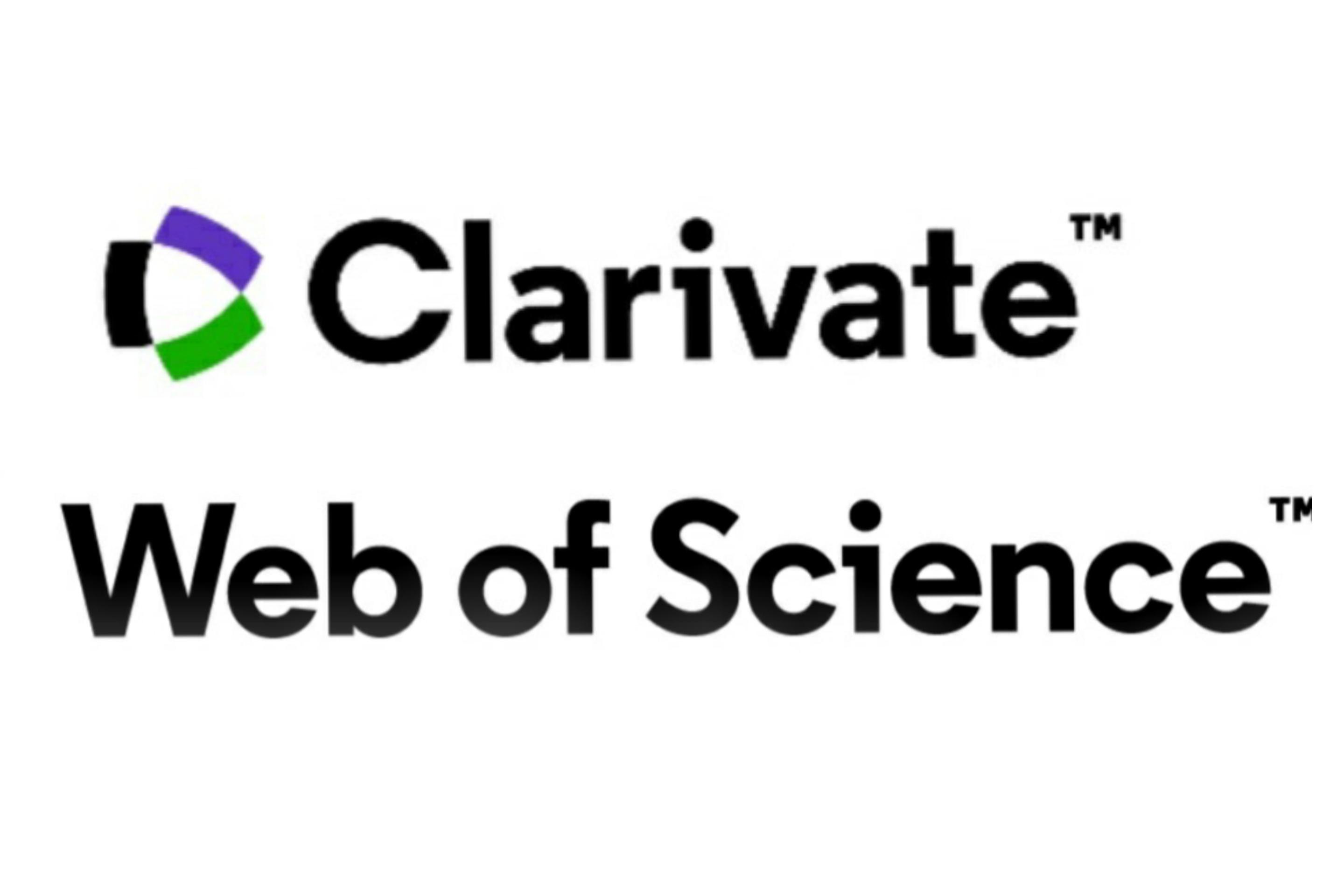FEATURES OF THE RAMAN SCATTERING IN QUASIPERIODIC NANOSTRUCTURES OF POROUS SILICON
Аннотация
The possibility of intensity enhancement of Raman scattering of near infrared light on the photon band gap edge in periodic multilayer structures produced from porous silicon consisting of porous silicon layers sequences with a high and low refractive index was shown theoretically and experimentally. The obtained results show perspectivity of use of these structures as a matrix for enhancement of Raman scattering efficiency.
Библиографиялық сілтемелер
2. Kompan M. E., Novak I. I., Kulik V. B., Kamakova N. A., “Enhancement of Raman scattering intensity in porous silicon”, J. Phys. Sol. State 41, n. 7, 1207 (1999).
3. M. E. Kompan, I. I. Novak, V. B. Kulik, Salonen J., Subashiev A. V., “Anomalous polarization of Raman scattering spectra from porous silicon”, JETP Letters, 67, n. 7, 106 (1998).
4. Soboleva I. V. et al, “Second- and third-harmonic generation in birefringent photonic crystals and microcavities based on anisotropic porous silicon”, J. Appl. Phys. Lett., 87, 241110 (2005).
5. Golovan L. A., Timoshenko V. Yu., Kashkarov P. K., “Optical properties of porous-system-based nanocomposites”, J. Phys.-Usp., 50, 595-612 (2007).
6. Golovan L. A., Kashkarov P. K., Syrchin M. S., Zheltikov A. M., “One Dimensional Porous- Silicon Photonic Band-Gap Structures with Tunable Reflection and Dispersion”, J. Phys. Stat. Sol. (a), 182, 437 (2000).
7. Jalali B., Claps R., Dimitropoulos D., Raghunathan V., “Light generation, amplification and wavelength conversion via stimulated raman scattering in silicon microstructures”, J. Topics Appl. Phys., 94, 199 (2004).
8. Born M., Wolf E., Principles of Optics (sixth ed., Pergamon Press), 1980.
9. Compaan A., Lee M. C. and Trott G. J., “Phonon population by nanosecond-pulsed Raman scattering in Si”, J. Phys. Rev B, 32, 6731 (1985).
10. Aspnes D.E., Studna A.A., “Dielectric functions and optical parameters of Si, Ge, GaP, GaAs, GaSb, InP, InAs, and InSb from 1.5 to 6.0 eV”, J. Phys. Rev. B, 985 (1983).













